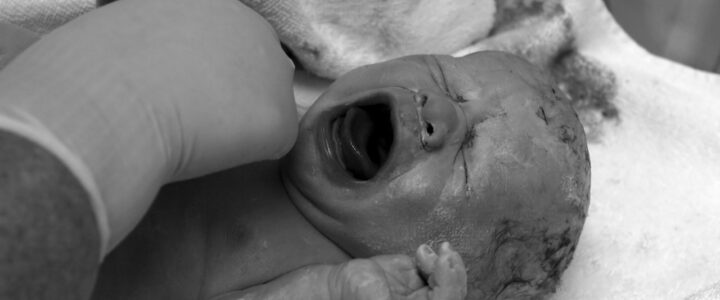This is the fourth installment of the stuck baby series. Last week I described the fetal factors (ways babies get themselves stuck). The week before I discussed maternal factors. Three weeks ago I covered engagement and explained why it’s pathology. Next week I’ll go over how fetal constraint affects labor and birth. Stay tuned!
Today I’m going to discuss cultural factors that reduce babies’ opportunities to move in utero and cause them to get stuck. This is the category we can actually do something about because the factors are under our conscious control — if we know enough and if we care care enough. Read more





